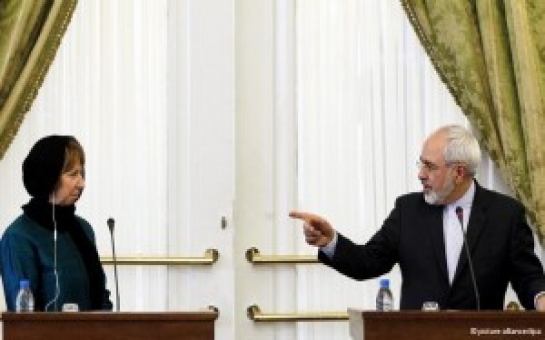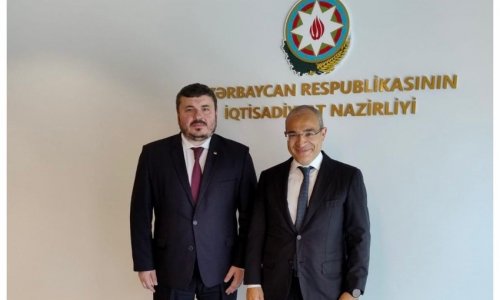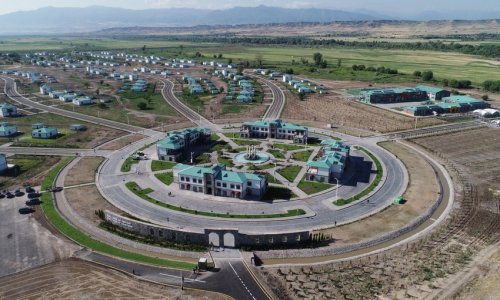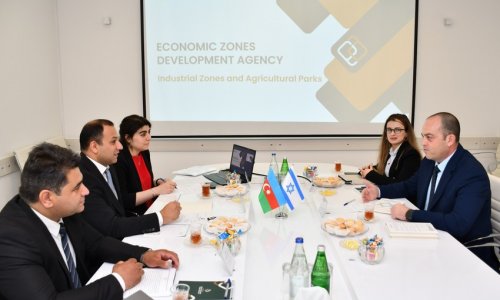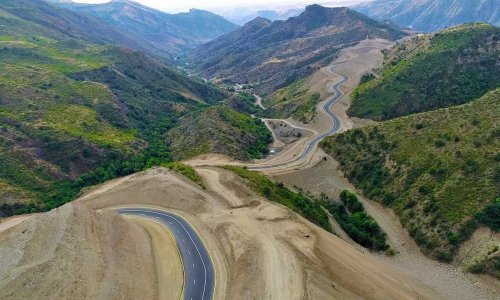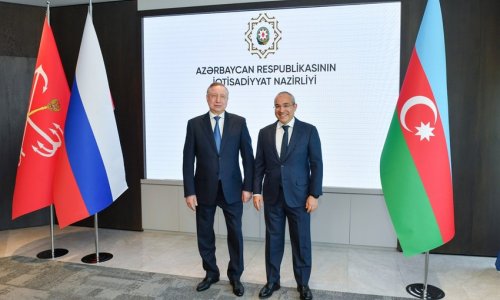Following their discussion, she told a joint press conference in Tehran that talks on Iran’s nuclear program would not necessarily lead to a comprehensive agreement.
“This interim agreement is really important but not as important as a comprehensive agreement [which is]… difficult, challenging, and there is no guarantee that we will succeed,” she said.
Ashton was referring to a recent interim deal between Iran and six major world powers, which would see some sanctions eased on Iran in exchange for its curbing the most sensitive aspects of its nuclear program. The deal was struck in November last year and came into force in January.
Iran ‘determined’
Zarif replied that Iran was willing to work towards a final deal, expressing confidence that it could be reached by July.
“Iran is determined to reach an agreement. We have shown good faith and political will. We have done our part,” he said.
However, the deal would have to “respect the rights of Iranian people and serve national insterest without ambiguities,” he added.
The two-day visit is Ashton’s first to Iran, and the first visit of an EU foreign policy chief since 2008. Ashton, who also represents the P5+1 group in nuclear discussions with Iran, is also scheduled to meet Iranian President Hassan Rouhani and parliament speaker Ali Larijani on Sunday.
“Ms. Ashton travels to Iran as the EU foreign policy chief, and discussing the bilateral ties between Iran and the European Union is on her agenda… naturally the nuclear issue will be raised too,” Iran’s Deputy Foreign Minister Majid Takhte Ravanchi said.
Improved relations
The visit comes as relations between Iran and the West warm up following last year’s election of Rouhani, who vowed to “constructively engage” with Western nations.
The AFP news agency reports sources close to Ashton’s delegation saying that issues of human rightsin Iran would also be on her agenda, and that she planned to meet female representatives from Iranian civil society.
Continuing talks between Iran and the P5+1 group, the five permanent members of the UN Security Council (the US, China, Russia, Britain and France) plus Germany, aim to reach a comprehensive and final agreement by July 20, when the interim accord expires.
While technical talks have continued in Vienna this week, the next round of high-level discussions is due to be held on March 17.
The United States, Israel and other Western nations have long suspected Iran of developing nuclear weapons under the cover of its civil atomic energy program, accusations Tehran denies.
ANN.Az

